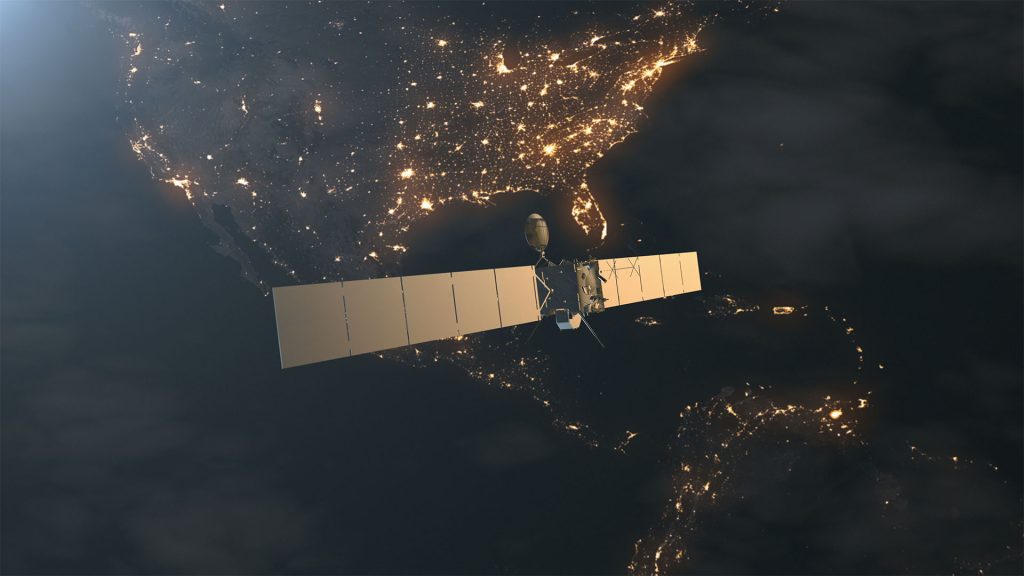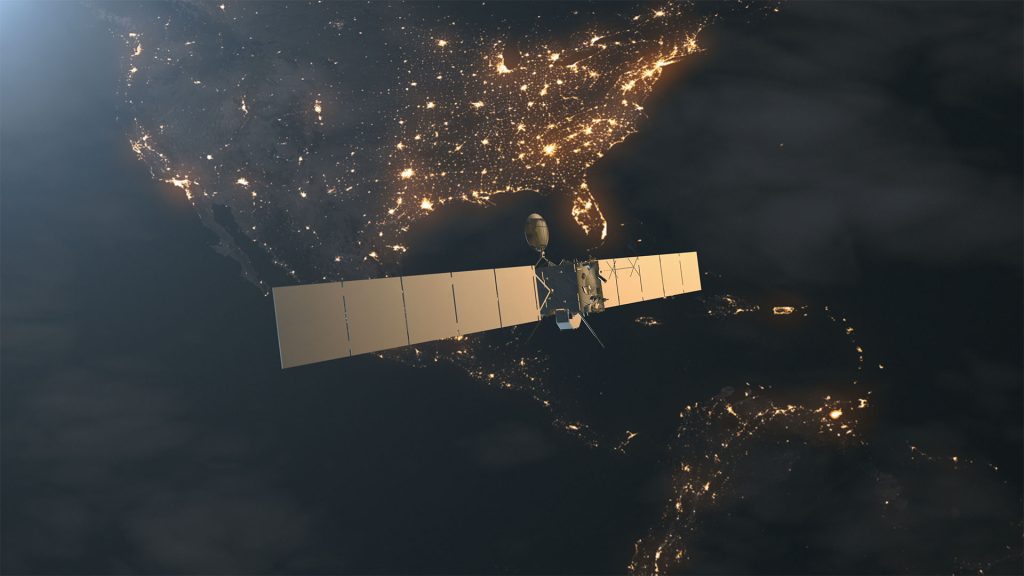Beyond the Stars: AI’s Odyssey in Space Exploration


Introduction:
In the not-so-distant future of 2030, artificial intelligence (AI) is set to embark on a groundbreaking journey into the cosmos, reshaping the landscape of space exploration as we know it. With its unparalleled ability to process vast amounts of data and make split-second decisions, AI is poised to become an indispensable tool in our quest to unlock the mysteries of the universe.
AI’s Stellar Role in Space Exploration:
Picture a scenario where AI-powered spacecraft navigate through the infinite expanse of space with unmatched precision, charting courses to distant celestial bodies and avoiding potential hazards along the way. This isn’t just science fiction—it’s the future of space exploration. AI algorithms are evolving rapidly, enabling machines to adapt and respond to the dynamic challenges of space travel in ways previously unimaginable.
One of the most exciting prospects of AI in space exploration is its role in data analysis. With telescopes, satellites, and rovers collecting vast amounts of data from across the cosmos, AI algorithms can sift through this wealth of information to uncover hidden patterns, identify celestial phenomena, and even predict cosmic events. From mapping distant galaxies to detecting gravitational waves, AI-driven data analysis promises to revolutionize our understanding of the universe.
Moreover, AI has the potential to enhance the capabilities of spacecraft and space-based instruments, making them more autonomous, efficient, and reliable. Imagine AI-powered rovers exploring the surface of Mars, autonomously navigating treacherous terrain and conducting scientific experiments with unparalleled precision. With AI at the helm, our robotic emissaries to other worlds can push the boundaries of exploration like never before.
Challenges and Opportunities Beyond the Horizon:
However, the integration of AI into space exploration also presents unique challenges that must be addressed. From ensuring the resilience of AI systems in the harsh environment of space to grappling with ethical considerations surrounding autonomy and decision-making, navigating the frontier of AI in space requires careful planning and foresight.
Nevertheless, the opportunities presented by AI in space exploration are boundless. By harnessing the power of AI, we can accelerate our progress in unraveling the mysteries of the cosmos, paving the way for groundbreaking discoveries and expanding the horizons of human knowledge.
Conclusion:
As we gaze towards the stars and envision the future of space exploration in 2030 and beyond, one thing is clear: AI will be at the forefront of our cosmic odyssey. From guiding spacecraft through the vastness of space to unraveling the secrets of distant galaxies, AI’s role in space exploration is poised to be nothing short of transformative. By embracing the potential of AI, we can embark on a journey beyond the stars, unlocking new realms of discovery and ushering in a new era of exploration for generations to come. #SpaceTech #AI



